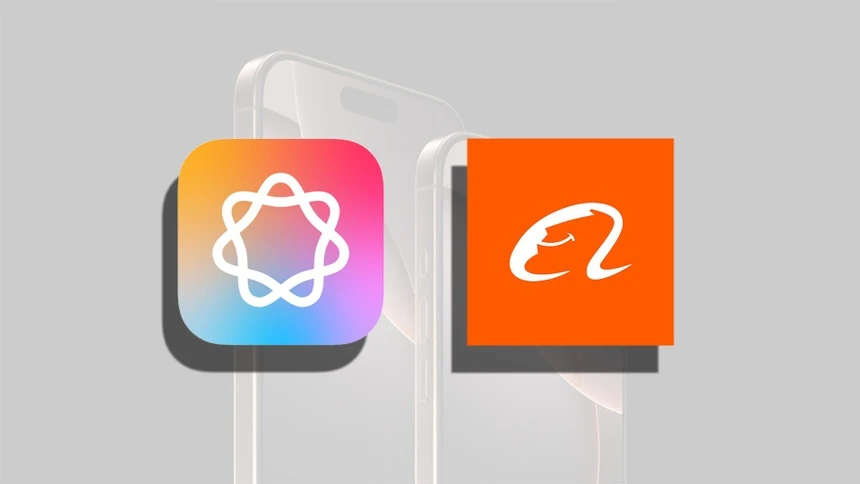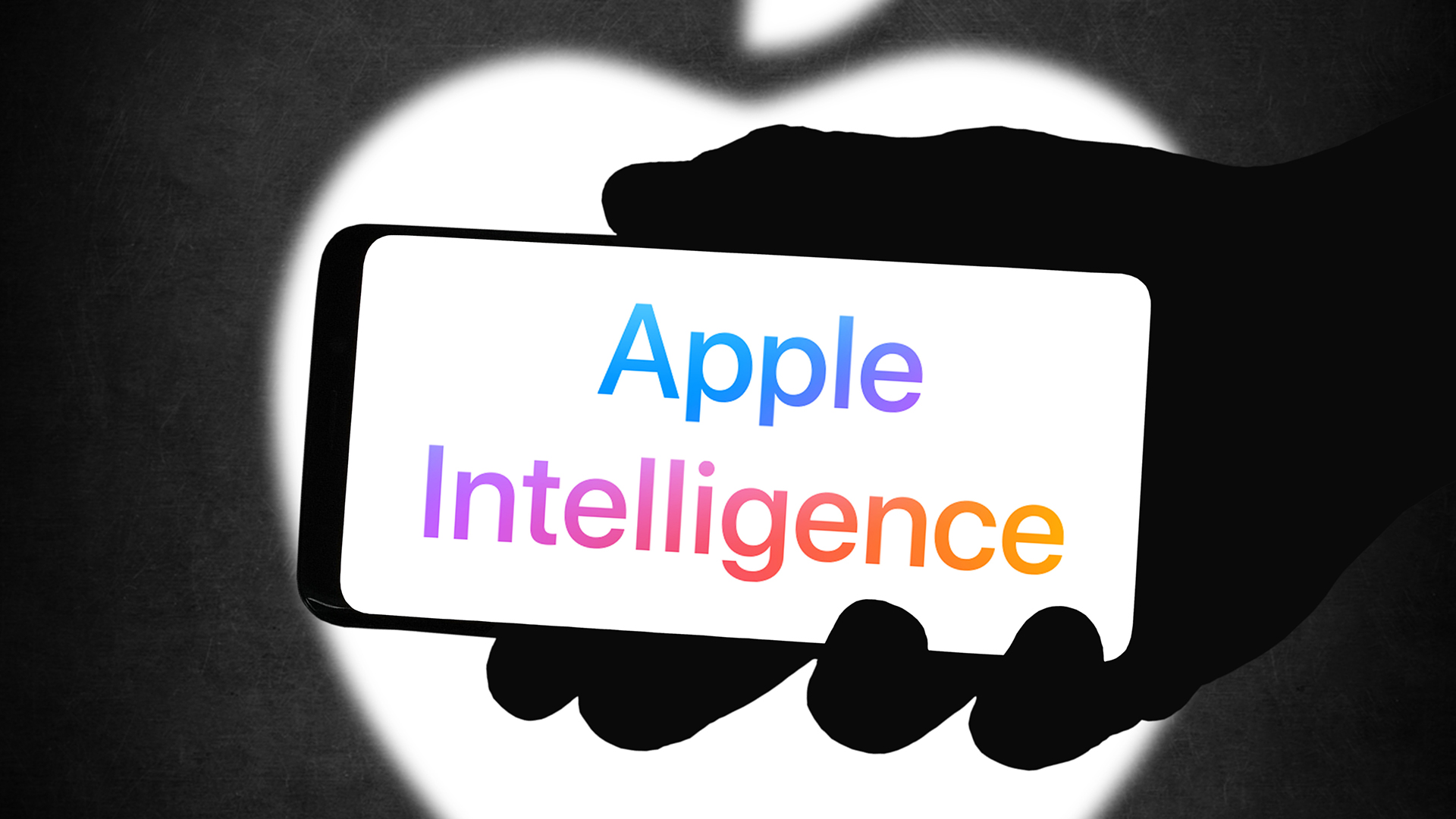After a long wait, Apple Intelligence is expected to be released in China in May. To achieve this, Apple must collaborate with local companies to ensure the toolset complies with censorship regulations.
According to Bloomberg sources, Apple has formed teams in both China and the U.S. to tailor Apple Intelligence for the country’s vast population. This is considered a complex project, requiring software modifications and close dependency on local partners.
Apple aims to launch the AI toolset in China as early as May. In addition to technical challenges, the company faces legal barriers. Overall, the iPhone in China will be very different from the rest of the world.
Apple’s Rare Move “This is a task that puts Apple under significant pressure, especially with the decline in sales in China…
Local brands are using their own AI features to attract iPhone users. Launching the technology in the right way is crucial for Apple to regain its position in the country,” analyst Mark Gurman emphasized.
In a rare move, Apple has had to rely on Alibaba and Baidu. The company is working with Alibaba to develop an analytical system and modify the AI model (operating directly on devices) for iPhone, iPad, and Mac users in China.
Alibaba’s system will censor and filter AI results according to Chinese government standards. Meanwhile, Baidu acts as a secondary partner to handle other features.
The release of Apple Intelligence in China is far from simple. In the U.S., the platform has three main feature groups: running directly on devices (Apple’s own model), running on Apple servers, and using OpenAI’s infrastructure for the chatbot.
In China, the features running directly on devices still use Apple’s self-developed AI model. However, the results will be censored by Alibaba’s software.
According to Bloomberg, the Chinese government could instruct Alibaba to ask Apple to modify the AI model if the results are problematic. During the modification process, Apple will temporarily disable the AI feature until the content is censored.
“Outside of China, the AI model on Apple devices may update quietly, but this process in China will happen frequently and quickly,” Gurman wrote.
A Challenging Task The AI censorship system will only be integrated into iPhones and Apple devices sold in China. This means that if someone buys an iPhone abroad and brings it back to China, the device will still use the global AI model.

In some cases, Apple Intelligence will require cloud servers for certain features, such as rewriting long paragraphs. Abroad, Apple uses its Private Cloud Compute system, but this will change when operating in China. Currently, Apple uses the state-linked GCBD service to run iCloud in the region.
For Baidu, the company will handle features like Visual Intelligence, which allows users to scan and query object information through the camera. In the U.S. and other countries, this feature uses technology from Google and OpenAI.
Apple and Baidu have a strong high-level relationship. In 2014, Apple CEO Tim Cook told Baidu CEO Robin Li that he wanted the two companies to “strengthen their relationship.”
In the search domain, Baidu is the default search engine for Safari in China. Meanwhile, Alibaba, with its vast e-commerce network, has previously collaborated with Apple on iPhone discount programs.
Speaking at a conference in Dubai on February 13, Alibaba’s Chairman Joe Tsai stated that Apple “wants to use our AI on their devices.” However, Gurman believes publicly commenting on the deal carries risks.
“Apple has previously canceled or penalized potential partners for discussing projects before the allowed time. During the development of autonomous cars, the iPhone maker temporarily halted its deal with Hyundai Motor partly because the company disclosed the relationship,” Bloomberg’s writer stressed.
The next update for Apple Intelligence is expected to be released in April with iOS 18.4. According to Apple’s announcement, the update will support several new languages, including Chinese. However, language is only a small part of the entirely new AI platform designed for the country with the largest population.




